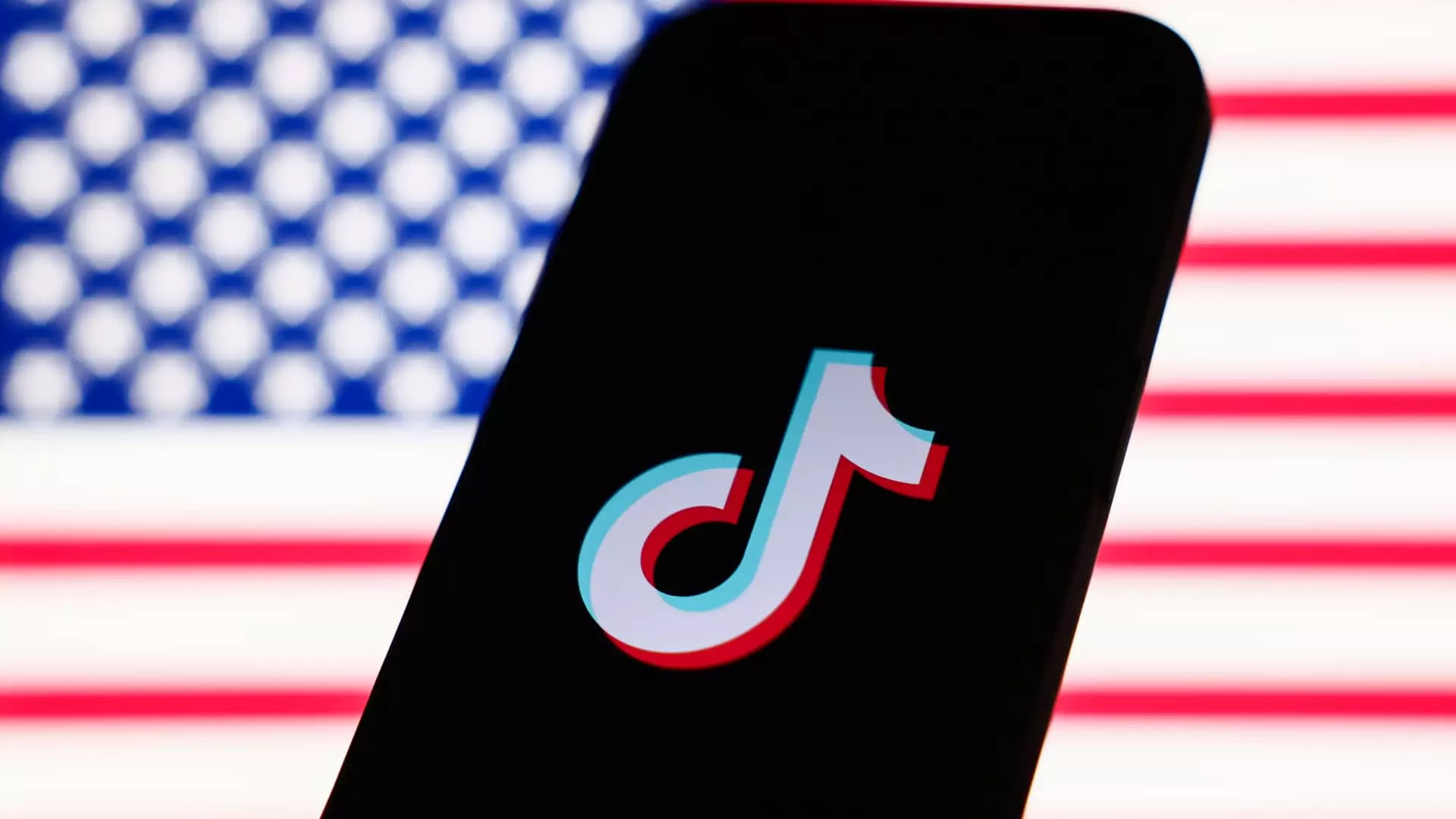In recent months, discussions surrounding TikTok have reached a fever pitch, primarily driven by fears over national security and potential sales of its U.S. operations. The ramifications of this situation extend beyond the app itself, prompting a variety of responses from business leaders and politicians alike. As the situation unfolds, it raises essential questions about the future of one of the most popular social media platforms and the significant business maneuvers that could result from this crisis.
The reality facing TikTok’s parent company, ByteDance, is fraught with uncertainty as U.S. lawmakers contemplate significant restrictions, including a potential ban on the app. The Supreme Court’s decision regarding a national security law, which would impose penalties on service providers like Apple and Google for hosting the app post-deadline, remains pivotal. While ByteDance has yet to confirm any intention to sell its U.S. unit, the implications of such a move could be vast. Experts speculate that if a sale were to occur, prospective buyers could expect to shell out between $40 billion to $50 billion for TikTok’s operations in America—a stark indication of the app’s financial and strategic value in a competitive market.
Understanding TikTok’s projected valuation requires a deep dive into usage metrics and competitive positioning. TikTok boasts approximately 115 million monthly users in the U.S., placing it as a key player in the social media landscape. It follows only Instagram, which commands 131 million users, while surpassing platforms like Snapchat and Pinterest, with user bases in the 90 million range. The detailed analysis done by CFRA Research, specifically by Senior Vice President Angelo Zino, suggests a valuation adjustment from earlier estimates due to the evolving political landscape and weakening industry multiples. Initially pegged at over $60 billion, the revised figure reflects greater scrutiny on the app’s operational future amidst rising geopolitical tensions and market forces.
Central to discussions about TikTok’s valuation is the concern surrounding data privacy and national security—issues which have gained prominence within the regulatory framework. The algorithms that underpin TikTok’s recommendation system are believed to pose a significant risk as they potentially connect back to Chinese governance. This factor alone complicates any prospective sale since it means that the algorithms would likely remain with ByteDance, leaving any U.S. buyer without a foundational element of what makes TikTok successful.
Bloomberg Intelligence analysts have closely monitored this situation and have projected a more conservative valuation for TikTok’s U.S. operations, estimating them to be within the $30 billion to $35 billion range. These figures stem from a belief that any sale would be forced—essentially a response to regulatory pressures rather than a strategic business decision. Such a constrained environment could make it all the more challenging to find a buyer willing and able to navigate both the financial and regulatory labyrinth that accompanies such a high-stakes acquisition.
In light of the aforementioned considerations, the pool of potential buyers has been narrowed significantly. High-profile business figures, such as Elon Musk and Kevin O’Leary, have expressed varying levels of interest in acquiring TikTok’s U.S. assets. O’Leary’s consortium has stated a willingness to bid up to $20 billion but emphasized the absence of algorithm acquisition in their offer—suggesting that this auction is as much about regulatory flexibility as it is about raw financial power.
While Musk’s name carries weight in business discussions, O’Leary’s candid position regarding regulatory oversight reflects a pragmatic approach to this volatile market. The juxtaposition of these strategies speaks volumes about the barriers in place for prospective buyers.
As stakeholders watch anxiously, the ultimate fate of TikTok hangs in a precarious balance. The convergence of political, economic, and technological considerations will likely dictate the future trajectory for both ByteDance and TikTok itself. Should a sale happen, it may serve as a case study in navigating the complex interplay between business value, user engagement, and government regulation—all issues central to modern tech markets. The resolution of TikTok’s situation could resonate well beyond the confines of a single app, influencing regulatory policies and business strategies across the entire tech industry.

